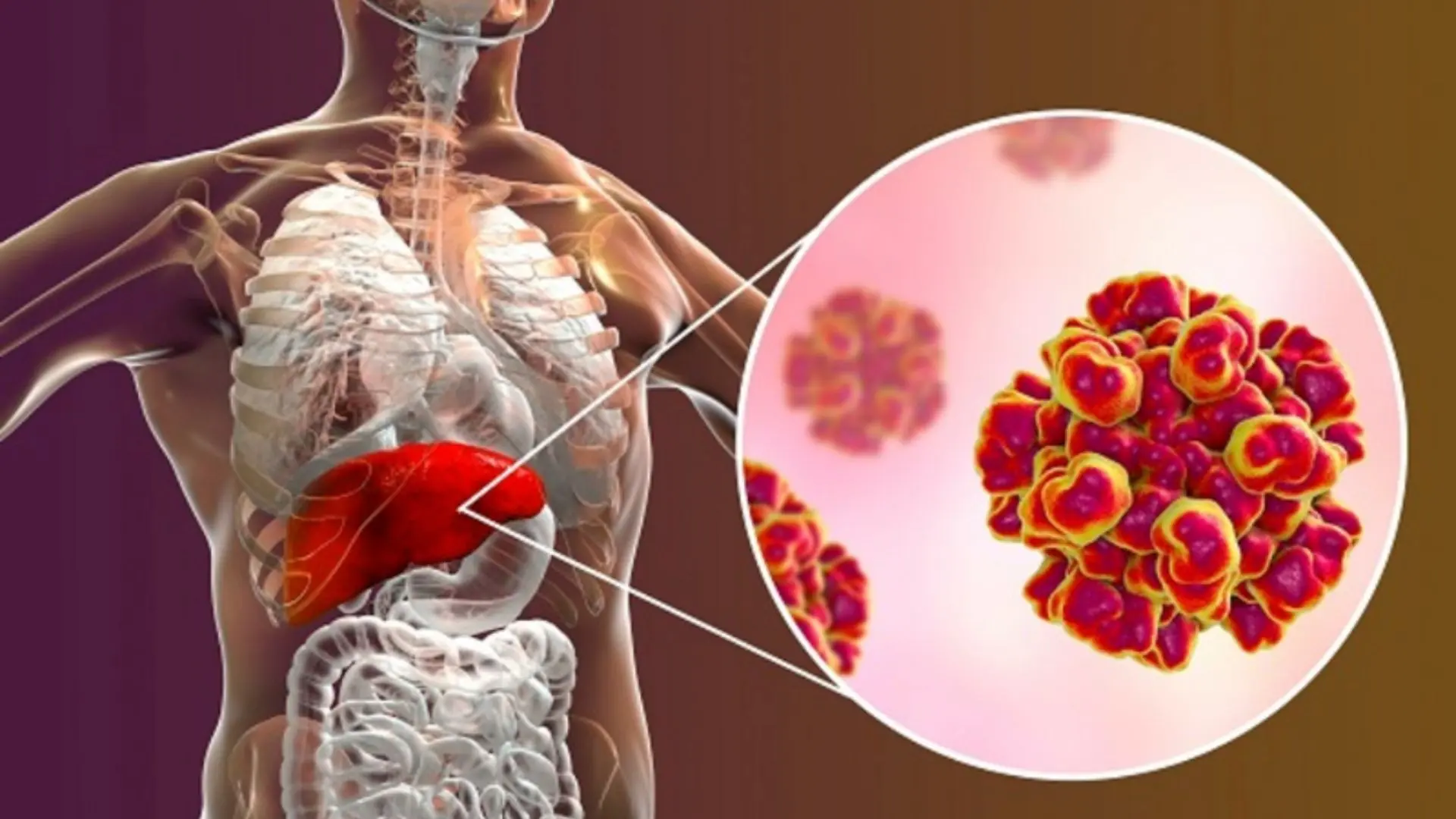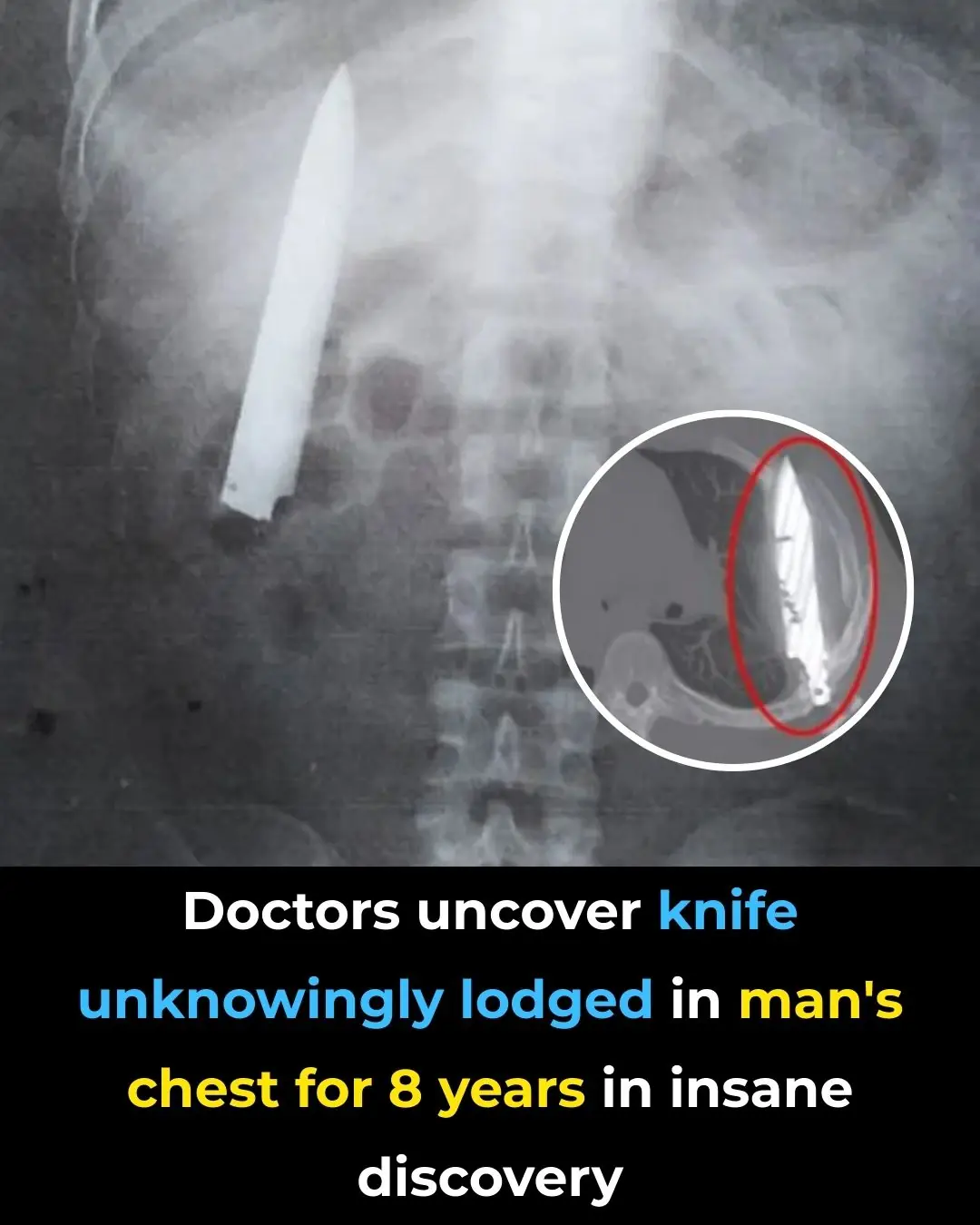
Young Woman Dies at 27 from Late-Stage Thyroid Cancer: Doctors Say It's Linked to a Pre-Bedtime Habit
At just 27 years old, Mai Tran (name changed for privacy), a bright and ambitious marketing executive from Ho Chi Minh City, lost her life to late-stage thyroid cancer. Her sudden passing shocked friends and family, who remembered her as a healthy, energetic young woman full of dreams. What made her case especially heartbreaking — and alarming — was what doctors revealed afterward: a common bedtime habit may have contributed to the silent progression of her disease.
For months, Mai had been experiencing symptoms she dismissed as minor — a hoarse voice, occasional difficulty swallowing, slight neck discomfort, and unexplained fatigue. Like many young professionals, she led a busy life filled with work deadlines, social events, and constant phone use. Sleep was often sacrificed, and she admitted to scrolling on her phone for hours in bed every night before falling asleep.
Her condition worsened over time, but she kept putting off a checkup. By the time she finally visited a specialist due to a noticeable lump on her neck, the diagnosis was devastating: stage IV thyroid cancer, with metastases to nearby lymph nodes and her lungs. The doctors explained that although thyroid cancer is typically treatable when caught early, her case had advanced too far.
During her hospitalization, Mai’s oncologist noted a pattern seen increasingly in young patients: prolonged exposure to blue light from smartphones and laptops, especially before bed, may disrupt hormonal balance — particularly melatonin production — which plays a role in regulating the immune system. While blue light exposure alone doesn’t directly cause cancer, studies have suggested it can interfere with the body’s natural ability to repair cells at night, potentially contributing to the development or acceleration of certain cancers, including those of the endocrine system.
Additionally, poor sleep hygiene — staying up late, irregular sleep schedules, and chronic stress — can weaken the immune system and mask early warning signs of illness. In Mai’s case, her symptoms were subtle, and she attributed them to daily stress and lack of rest.
Her story has since gone viral on social media, prompting discussions among young adults about lifestyle, technology use, and the importance of regular health checkups. Health experts are urging people, especially women in their 20s and 30s, to pay attention to subtle changes in their bodies and to reconsider bedtime habits that might seem harmless.
Dr. Pham Quoc An, an endocrinologist at a major hospital in Ho Chi Minh City, said: “We’re seeing more young patients with advanced thyroid issues. Many of them lead fast-paced lives, rely heavily on devices, and ignore their bodies’ warning signs. It's not just about the technology — it’s the combination of stress, poor sleep, and neglecting early symptoms.”
Mai's parents have now started a foundation in her name, aimed at raising awareness of thyroid health and encouraging better nighttime routines. Their message to young people is simple but powerful: "Don't wait until it's too late. Turn off your phone, get enough sleep, and listen to your body."
Her untimely death is a sobering reminder that even the smallest daily habits — when ignored — can have life-changing consequences.
News in the same category


How To Get Rid of Phlegm And Mucus

Most people eat these 7 meats daily — here’s why you shouldn’t

1 herb being called a miracle for liver, blood sugar, and blood pressure

Dr. Nick Norwitz Eats Over 700 Eggs in a Month to See What Happens

Elon Musk unveils new AI project that could recreate Microsoft’s entire business operations

Do Not Ignore These 10 Warning Signs That Your Kidneys May Be In Danger

If Your Body Suddenly Jerks While Falling Asleep, This Is What It Means

If You Eat Eggs Every Day

Vegetables To Clean Your Arteries And Prevent Heart Attack

Pain in This Part of the Body Could Indicate Cancer Cells are 'Awakening' – Both Men and Women Shouldn't Ignore It

10 Unconventional Signs of Liver Damage You Must Know About

14 Early Warning Signs You're Dangerously Low on Magnesium

How To Get Rid Of Phlegm and Mucus In Chest and Throat

Burnout: Tips for Coping When You Can’t Just Quit

Beautifully Unbroken: Living Fully and Imperfectly With Bipolar

How to Get Rid of Muscle Soreness: Home Remedies That Really Work

15 Common Cancer Symptoms You Shouldn’t Ignore

New Blood Test Shows Over 90% Accuracy for Lyme Disease

Is AI Use Causing Endoscopists to Lose Their Skills?
News Post

These Foods Cause Insomnia

How To Get Rid of Phlegm And Mucus

Most people eat these 7 meats daily — here’s why you shouldn’t

1 herb being called a miracle for liver, blood sugar, and blood pressure

Proposed Law Would Give Cognitive Fitness Tests To Elderly U.S. Lawmakers

Apple Agrees to Pay Out Users From $95,000,000 Fund After Lawsuit Accused Siri of Listening to Private Conversationsa

Dr. Nick Norwitz Eats Over 700 Eggs in a Month to See What Happens

How she got her wealth might surprise you too 👀

Doctors uncover knife unknowingly lodged in man's chest for 8 years in insane discovery

Elon Musk unveils new AI project that could recreate Microsoft’s entire business operations

Arkansas woman accidentally discovers $27,000 dollars after kicking 'spiderweb' in park

Exactly how virus carried by 'Frankenstein' rabbits growing black 'tentacles' spreads following urgent warning from experts

The Elders' Teachings Are Not Wrong: "The Kitchen Should Not Face Three Directions, and the Bed Should Not Be Placed in Three Locations"

5 Types of Plants That Snakes Love: If You Plant Them in Front of Your House, Remove Them Immediately Before It’s Too Late

If Your Non-Stick Pan Has Lost Its Coating, Don’t Rush to Throw It Away. Follow This Trick to Turn Your Old Pan Into a Like-New One.

Cooking Oil Often Splashes When Frying? Add This Ingredient to the Pan, and You Won't Have to Worry About Oil Splattering or Sticking to the Pan

Is It Correct to Close the Door When Using the Air Conditioner? Here Are 5 Mistakes That Can Cause Your Electricity Meter to Increase 2-3 Times

Boiling Eggs with Just Water is Not Enough: Add This Ingredient, and the Eggs Will Cook Evenly, Have a Rich Flavor, and the Shells Will Peel Off Easily

Do Not Ignore These 10 Warning Signs That Your Kidneys May Be In Danger
